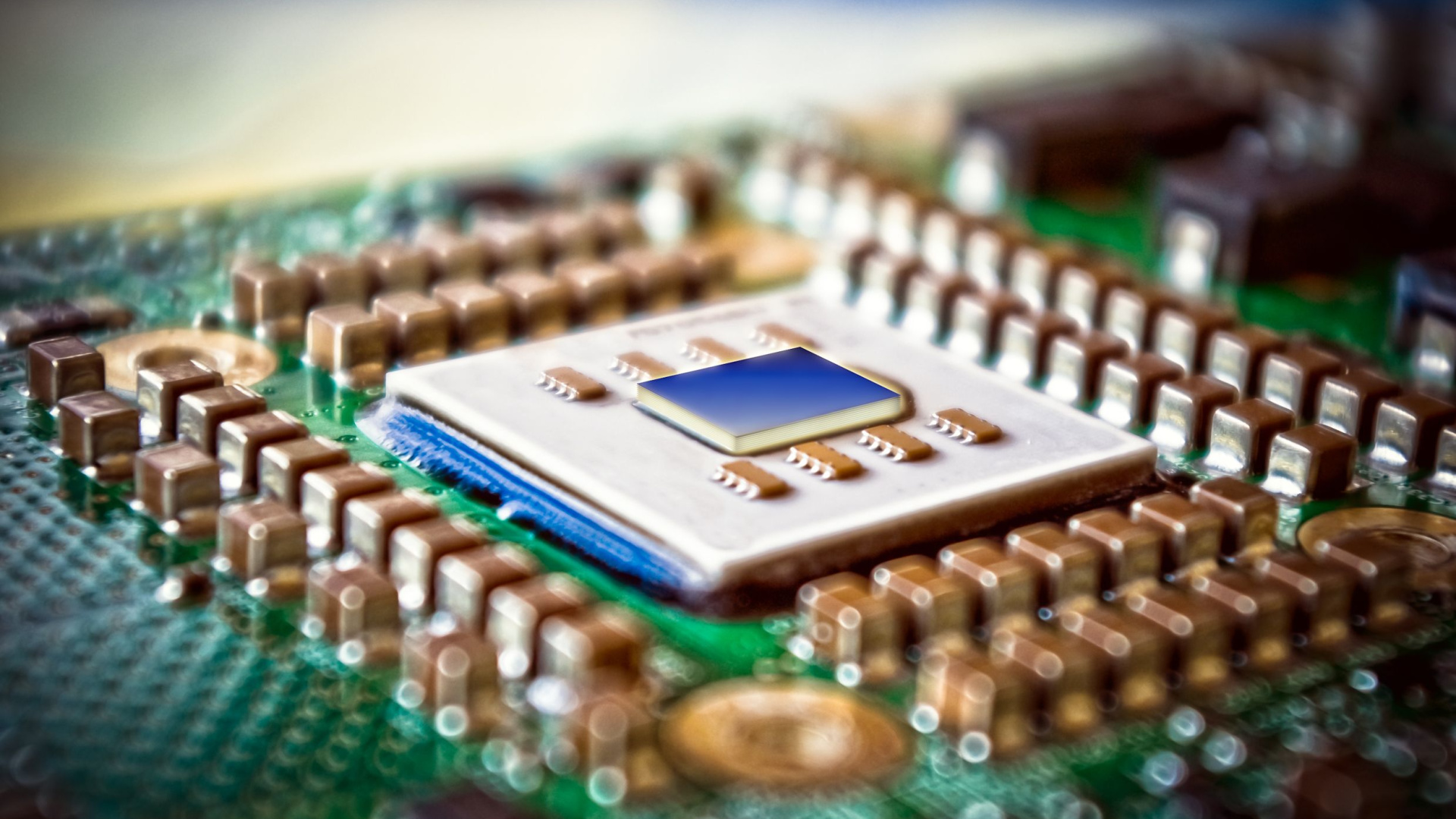Ray tracing could soon be coming to a CPU near you, thanks to one developer
Not anytime soon mind you

Ray tracing is one of the most cutting-edge technologies in the PC gaming world, with its full potential remaining locked despite how much more powerful the best graphics cards have gotten. However, one developer seeks to test whether a processor can ray tracing in any capacity.
So far the answer is: kind of? According to the developer, Konstantin Seurer, and reported on by PCGamesN, they’ve been “adding features to a CPU-run Vulkan-based version of the open-source Mesa graphics library.” The dev enabled the function Implement VK_KHR_ray_query, which then allowed ray tracing to run on a processor. They tested this on the classic title Quake 2.
We don’t know what kind of processor was used in testing, meaning it could range from a consumer-type Intel Core i9 to an extremely powerful Threadripper type. What we do know, however, is the information gleaned from the single screenshot Seurer released. It shows us that 34% of the processor’s power is being used, that the results are a paltry 1fps, and that the processor is solely running ray tracing due to the 0% GPU utilization.
But why though?
Now that we know it’s technically possible for a processor to run ray tracing, even though it’s barely running and on Quake 2 no less, there’s another question that bears bringing up. Is it worth having a processor run ray-tracing technology in the first place?
On one hand, it’s a fascinating process and one that I’m curious about, because why not push components to their limits and see what you can accomplish with them. The best processors are only getting stronger and more efficient with each generation, with some of them even being able to handle some of the best PC games without a dedicated graphics card. So it stands to reason that they could handle more advanced tools someday.
On the other hand, for what benefit would this be in the long run? As stated before, graphics cards can barely bring out the best in ray tracing, and often it needs the help of DLSS to pull it off without tanking the framerate. From a practical point, it makes sense to leave the ray tracing to the cards that are built to handle it.
Regardless, I’m still curious to see if anyone else can pull off this feat in the future.
Get daily insight, inspiration and deals in your inbox
Sign up for breaking news, reviews, opinion, top tech deals, and more.
You might also like

Named by the CTA as a CES 2023 Media Trailblazer, Allisa is a Computing Staff Writer who covers breaking news and rumors in the computing industry, as well as reviews, hands-on previews, featured articles, and the latest deals and trends. In her spare time you can find her chatting it up on her two podcasts, Megaten Marathon and Combo Chain, as well as playing any JRPGs she can get her hands on.